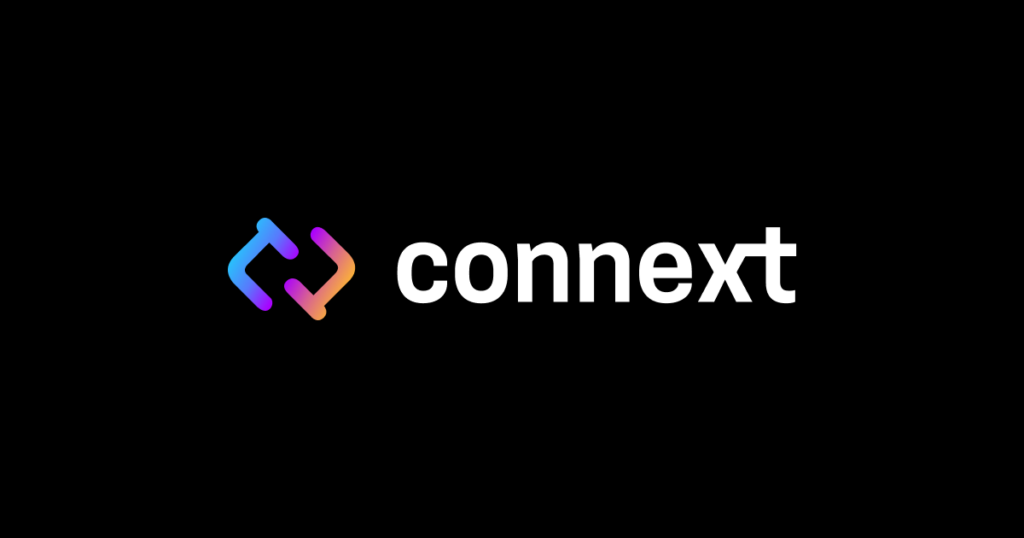Key Points:
- Connext Sybil Hunter Program faces controversy and “poisoning” threats, causing concern in the community.
- Trusta Labs initiates the “Proof of Innocence Program” to verify affected users and restore trust in the project.
- Over 20,000 addresses were involved in the program’s scrutiny, highlighting the need for transparency and user protection.
In a recent turn of events, the Connext Sybil Hunter Program has stirred up discontent within the community, with certain members resorting to threats of “poisoning” Connext airdrop addresses.

This program, designed to identify and reward genuine users, has encountered controversy, particularly regarding the issue of “poisoning” other addresses to disrupt the sybil reporting process and airdrop program.
The Connext Sybil Hunter Program, launched on August 24th, aimed to recognize valuable, authentic users within its ecosystem, similar to initiatives by projects like HOP and SAFE. During the period between August 24th and September 1st, community members diligently reported suspected Sybil attackers.
The program received approximately 600 reports, involving a staggering 20,000 addresses out of 62,070 candidates, constituting 35% of the total.
However, amidst the program’s noble intention to reward genuine users, a cloud of controversy emerged.
Some individuals threatened to “poison” Connext airdrop addresses, especially those in the top 10% of transactions on zkSync, thereby causing turmoil within the sybil reporting process and the airdrop itself. Regrettably, some users claimed to have fallen victim to these poisoning attacks.
To address this pressing issue and restore trust within the community, Trusta Labs, an on-chain data analytics and security platform, has initiated the “Proof of Innocence Program” (PoIP).
This collaborative effort between the community and the project enables users to submit relevant information for verification. The collected data is then shared with the project’s anti-sybil team to prevent false positives and safeguard users.
DISCLAIMER: The information on this website is provided as general market commentary and does not constitute investment advice. We encourage you to do your own research before investing.




















